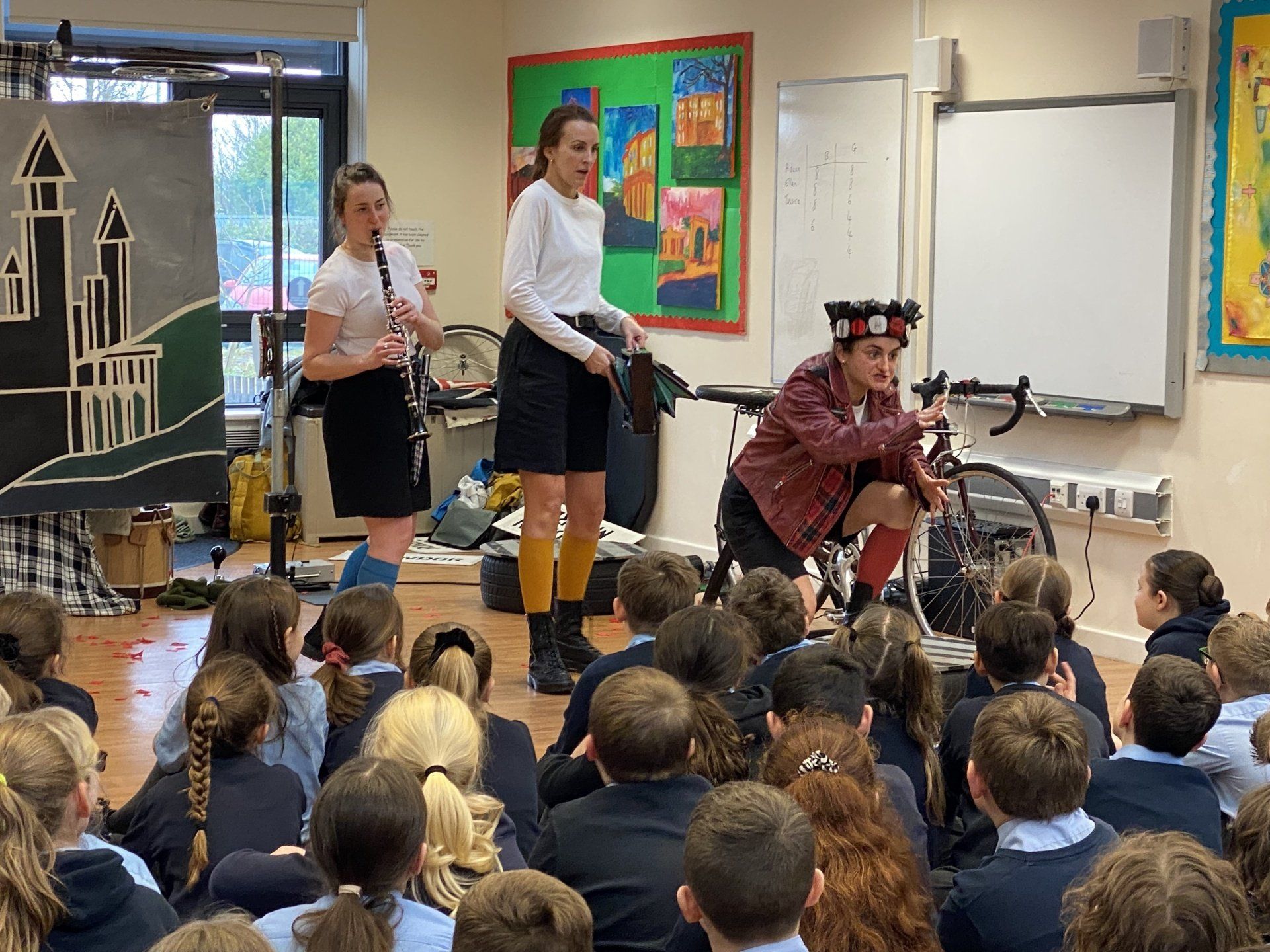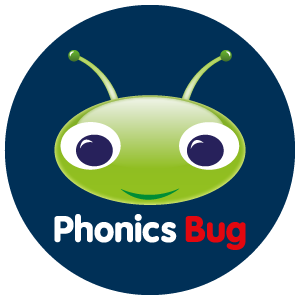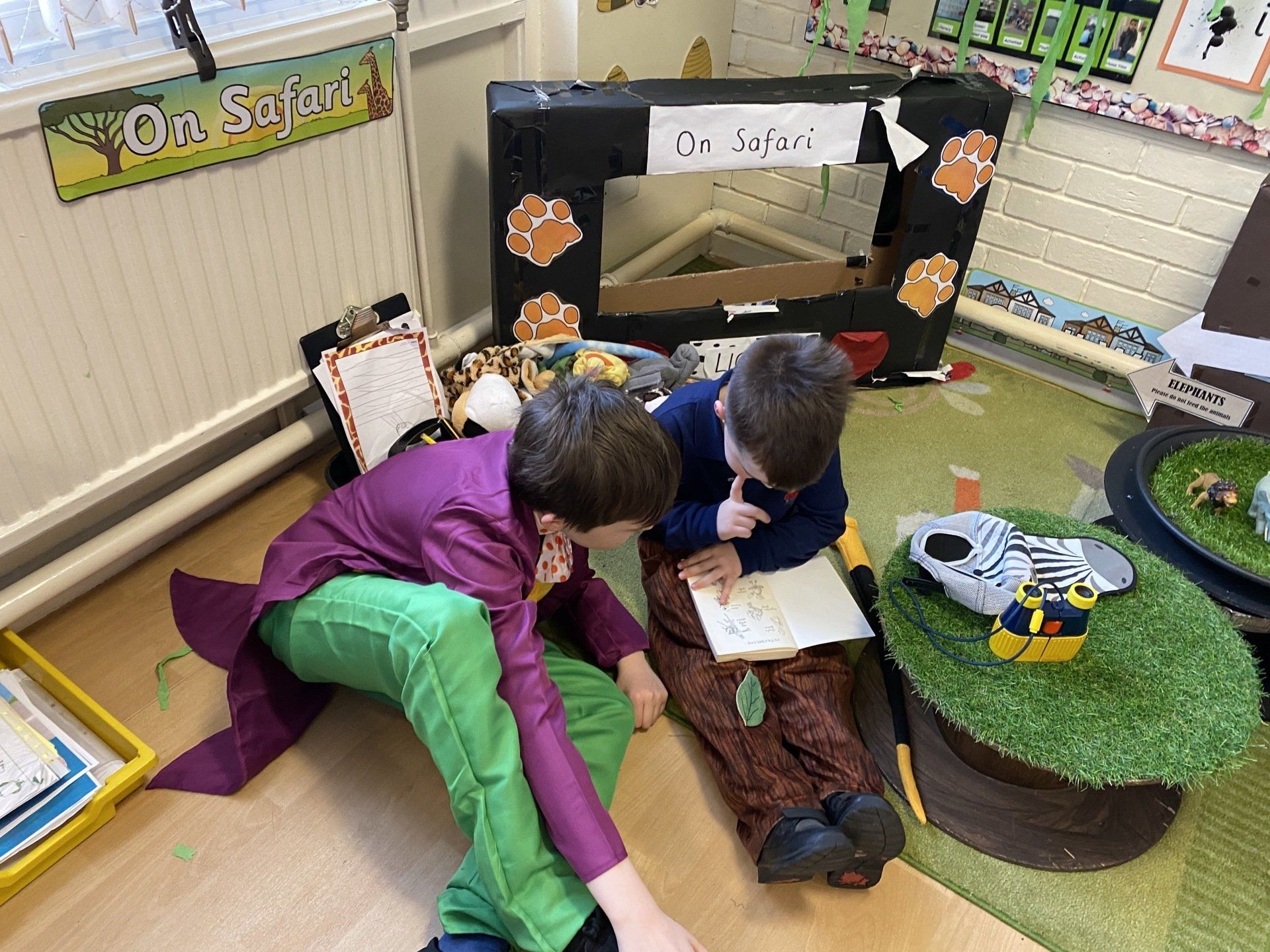Reading
Reading at Home and School
At St James', we believe that reading at home and school is essential for children's progress. Children read regularly in school, and we encourage daily reading at home. To support this, each child has a reading comment book where parents and teachers can share thoughts, celebrate progress, and maintain an ongoing dialogue about their child’s reading journey.
Reading for Pleasure
In addition to structured reading, children choose their own library books to read for pleasure. This helps foster a love of reading and gives children the freedom to explore stories and topics that interest them. We encourage parents to enjoy these books with their children, making reading a shared and enjoyable experience.
Are You Really Reading Strands and VIPERS Questions
To help children understand what they read, we use the Are You Really Reading strands and VIPERS questions:
- Are You Really Reading focuses on key areas of reading development such as decoding, fluency, vocabulary, and comprehension.
- VIPERS stands for Vocabulary, Inference, Prediction, Explanation, Retrieval, and Sequencing/Summarising. These question types help children think deeply about texts and develop critical reading skills.
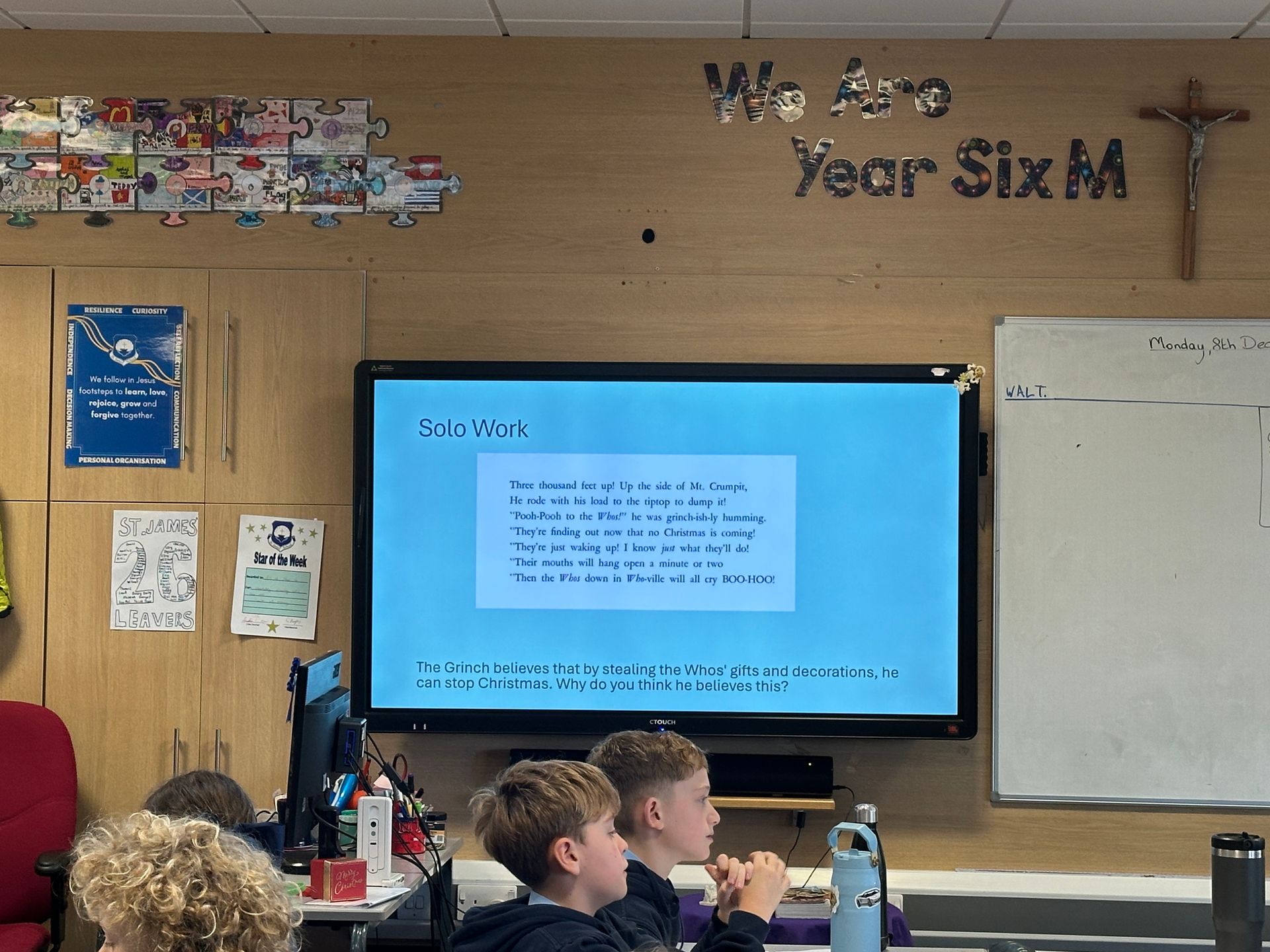
Guided Reading in Key Stage One
Throughout Early Years and Key Stage One, children take part in regular guided reading sessions. These small-group lessons allow teachers to focus on specific reading skills and provide targeted support. Guided reading helps children build confidence and fluency while learning to understand and discuss texts.
Whole-Class Reading
At the end of Key Stage One, children are introduced to Ashley Booth’s whole-class reading approach. This method uses high-quality texts and structured lessons to develop comprehension and vocabulary in a collaborative setting.
As they progress into Key Stage Two, they move fully into the whole-class reading model, which supports deeper understanding and discussion of more complex texts.
Phonics
At St James’ we use the Pearson scheme, Bug Club Phonics.
What Is Bug Club Phonics?
Bug Club Phonics is a fun and structured reading programme designed to help children learn to read using phonics. It teaches children how to break words into sounds (called phonemes) and blend them together to read and spell. It’s approved by the Department for Education and used in many schools across the UK.
How It Works
- Children learn sounds in a clear, step-by-step way.
- They practise reading using special books that match the sounds they’ve learned.
- Lessons are interactive and engaging, with games, songs, and animations.
Why We Use It at St James'
At St James' Catholic Primary School, we want every child to become a confident reader. Bug Club Phonics helps us achieve this by:
- Supporting all children, including those who need extra help.
- Making reading fun and rewarding.
- Helping children progress quickly and securely.
- Encouraging reading at home.
We love that Bug Club Phonics combines high-quality teaching with exciting books and that children enjoy. It’s a key part of our commitment to excellent early literacy.
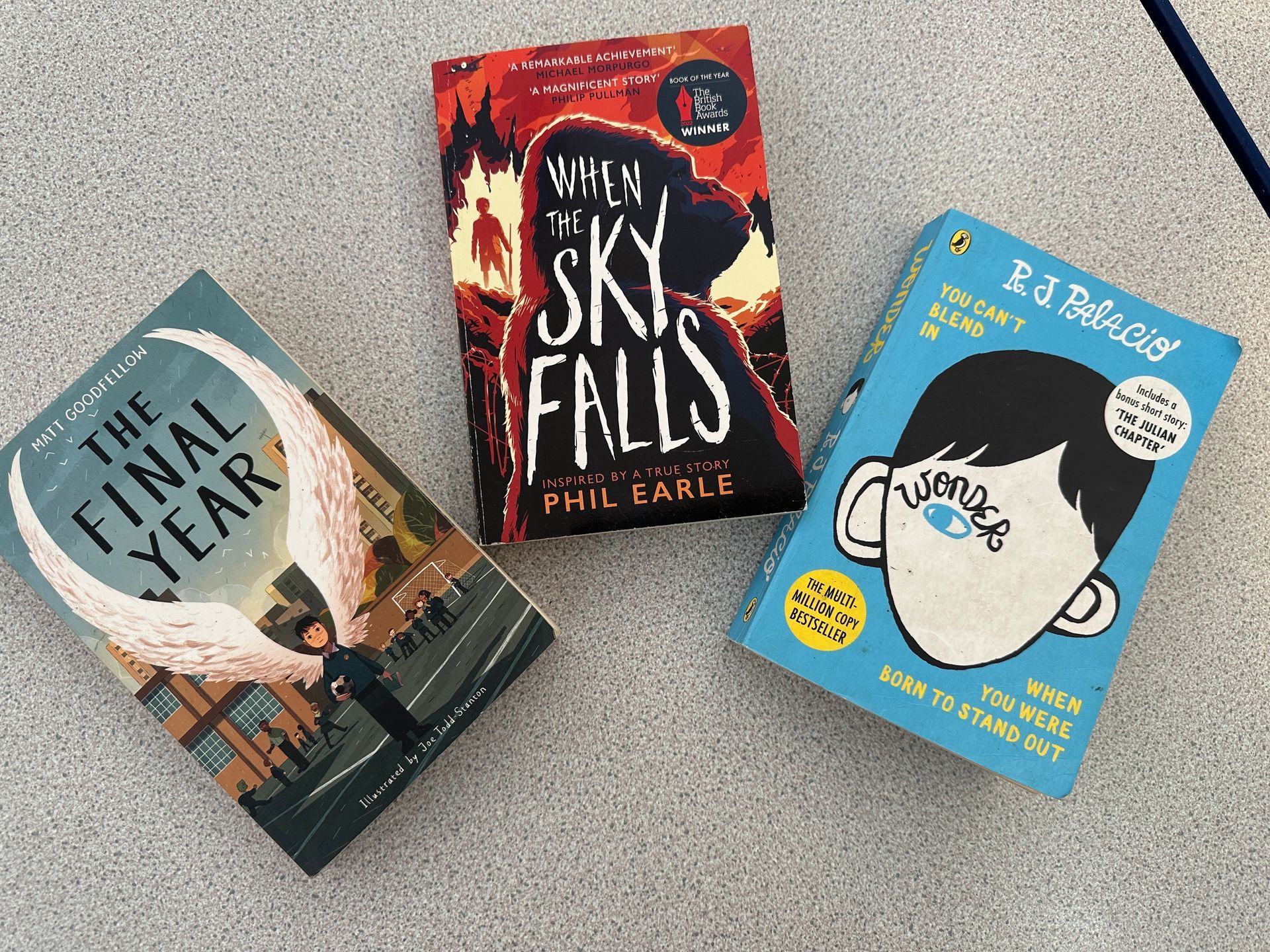
Diverse and Inclusive Texts
We carefully select diverse texts—including fiction, non-fiction, and poetry—from a wide range of cultures, authors, and perspectives. These texts inspire children’s writing and help them see themselves and others in the stories they read and create.
Oracy
What Is Oracy?
Oracy is the ability to express yourself clearly and confidently through spoken language. It includes skills such as speaking fluently, listening actively, asking thoughtful questions, and participating in discussions. Just like literacy and numeracy, oracy is a vital part of a child’s education.
At its heart, oracy is about helping children find their voice, structure their thoughts, and communicate effectively with others. It supports learning across all subjects and helps children develop confidence, empathy, and social skills.
Why Is Oracy Important?
Oracy plays a key role in:
- Academic success – Children who speak and listen well tend to perform better in reading and writing.
- Confidence and wellbeing – Being able to express ideas clearly helps children feel heard and valued.
- Future skills – Employers rate communication skills as one of the most important qualities in the workplace.
- Social development – Oracy helps children collaborate, debate, and understand different viewpoints.
How We Teach Oracy at St James'
At St James' Catholic Primary School, we embed oracy across the curriculum. Children are encouraged to speak, listen, and respond in a variety of ways—from classroom discussions to performances.
We use a range of strategies and resources to support oracy development, including:
- Structured talk activities – such as sentence stems, debates, and role play
- Collaborative learning – encouraging children to share ideas and build on each other’s thinking
- Guided discussions – using questioning techniques to deepen understanding
- Performance opportunities – including assemblies, drama, and poetry recitals
Using Fluent Zoo to Support Oracy and Reading Fluency
We also use Fluent Zoo, a resource designed to help children become fluent readers and confident speakers. Fluent Zoo includes:
- Modelled and echo reading – where children listen and repeat to build fluency
- Paired and choral reading – encouraging collaboration and expression
- Reader’s theatre – performing short scripts to develop voice and confidence
- Text-based and fluency sessions – using poems, playscripts, and stories to practise speaking and listening skills
Fluent Zoo makes oracy fun and engaging, helping children practise speaking in a safe and supportive environment.
Celebrating Reading and Writing Beyond the Classroom
At St James', we believe that reading and writing should be joyful, inspiring, and part of everyday life. That’s why we offer a range of additional English experiences throughout the year to enrich our curriculum and spark a lifelong love of literacy.
World Book Day
World Book Day is one of the highlights of our school year! Children and staff dress up as their favourite book characters, take part in exciting reading activities, and share stories across the school. It’s a wonderful opportunity to celebrate books and encourage children to explore new authors and genres.
Author Visits
We invite children’s authors to visit St James' or hold virtual experiences. These visits give children the chance to meet real writers, ask questions, and learn about the writing process. Authors often inspire children to write their own stories and help them see writing as a creative and rewarding activity.
Why These Experiences Matter
These additional experiences help children:
- See reading and writing as fun and meaningful
- Connect with books and authors in real-life contexts
- Build confidence in speaking, listening, and performing
- Develop creativity and imagination
They also strengthen our school’s commitment to a rich and inclusive English curriculum that goes beyond the classroom.
Reading Overviews
Please be aware that the reading overviews may differ slightly from what is published below to meet the needs of different cohorts.
Reading Policy

